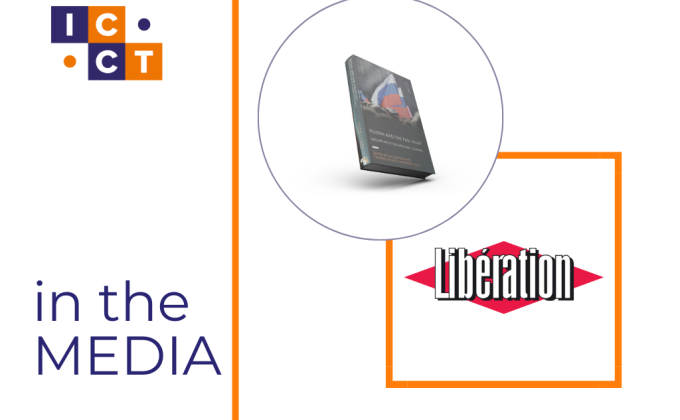Jason W, a convicted member of the Dutch home-grown Hofstad Network, has sent an open letter to a newspaper in the Netherlands renouncing his Jihadi beliefs, in the wake of a trial which reopens today. In this case, the court will explore if the Hofstad Network should be classified as a terrorist organisation. Jason was part of a group of Muslim youths in the Netherland who adopted radical Jihadi beliefs in the aftermath of 9/11 - named the Hofstad Group by the Dutch General Intelligence and Security Service. Among its members is Mohammed Bouyeri, who murdered Dutch filmmaker Theo van Gogh in November 2004. A week after van Gogh’s assassination, authorities arrested Jason W. on suspicion of a murder plot to kill politicians critical of Islam. During the 14-hour siege of Jason’s home, Jason threw a handgranate towards the Special Intervention Police squad, for which he is currently serving 15 years in prison. In the Dutch TV-programme Nieuwsuur ('News Hour'), ICCT Research Fellow Edwin Bakker said that Jason W. was an important figure within the Hofstad Network, as he has travelled to Pakistan and has been one of the few who has actually ‘fought back against the Dutch government, as they regard it’. On the motives behind this letter, Bakker states that Jason has been imprisoned for several years, which makes a person wonder whether ‘it has all been useful or not’. The letter ends with a public call to all Muslims to accept democracy and the rule of law and focus on finding a way to incorporate the Islamic religion within modernity. According to Edwin Bakker, this document ‘ís a great weapon in the ideological battle against terrorists and Islamists’. In the news paper Volkskrant, Bakker argues that this letter reaps doubts among (potential) terrorist networks, on what has been achieved by the Jihad and if their cause is morally righteous. This debate has been an essential aspect in the demise of terrorist organisations such as the Red Brigades and the IRA, states Edwin Bakker. ‘Jason’s document could lead to intense debate among radical groups’. Ideally, this letter will be followed by a video message which would find its way to youtube and discussion forums. Recent research shows that disappointment over the methods used and results achieved is often a reason for individuals to distance themselves from their violent past. Explicit expressions, such as this letter from Jason W., could inspire others to do the same. Merely for this reason, his public statement is an important contribution to all actors who are involved in the process of de- and counter-radicalisation.
October 20, 2010



